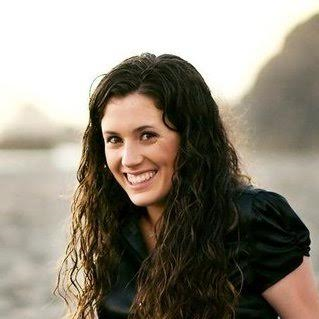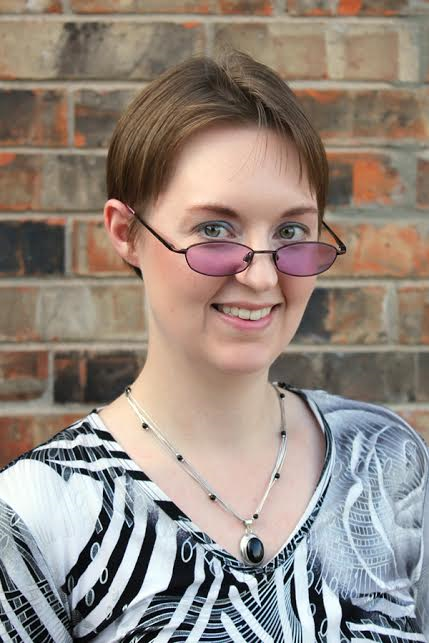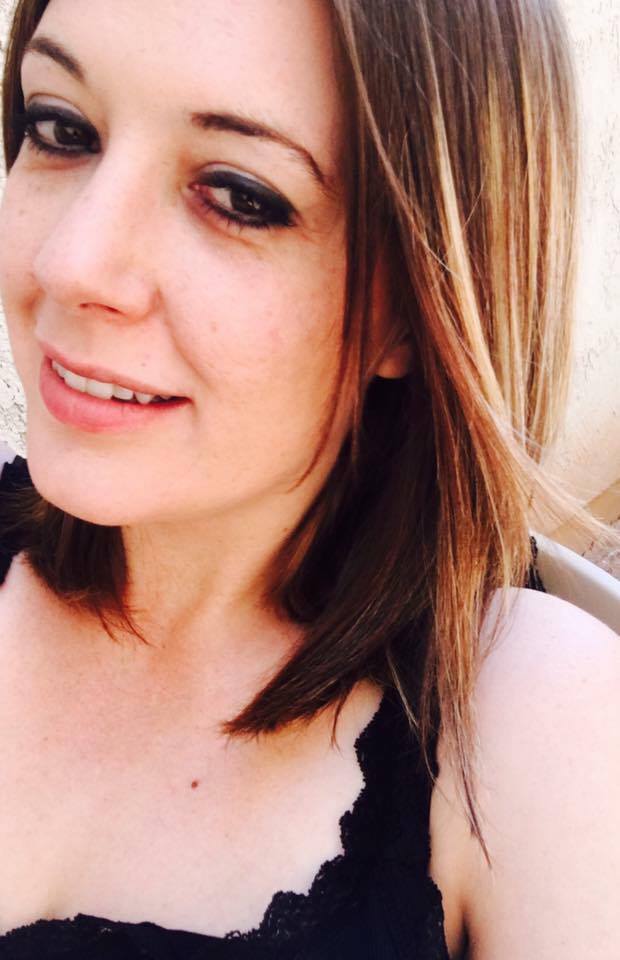Is it okay to treat writing as a career (even if you’re not making a living)?
I can’t speak for everyone’s experience, but as a self published author, I often find a pressure to always give an impression of success. Yet, in the years since I published my first novel, self doubt frequently rides along with me as an unwanted passenger. It lingers in so many spaces, an invisible specter that as a self-respecting writer I probably shouldn’t acknowledge. Even now as I’m attempting to legitimize feeling insecure as a writer, I feel pressure to reassure you of my successes (but don’t worry, I won’t). For this guest blog post that Sarah so kindly invited me to write, I want to shine a light on some of the questions that have plagued me along my journey, and likely other writers as well.
What if the outside world doesn’t consider me a professional?
You must stay drunk on writing so reality cannot destroy you.
― Ray Bradbury, Zen in the Art of Writing
So, I realized something recently, often people take it personally when I tell them I have to prioritize writing over social activities. This seems a little odd to me because, say, if I had a job scrubbing messages off public restroom stalls, and my friend asked me to lunch and I responded, “Sorry, no, someone wrote: ‘call Rita for a good time’ on the right-most stall and I have to scrub it clean.” I’d expect my friend would say, “Oh, no problem, next time.” But, say instead, I say, “Sorry no, I have to write.” That’s when I get that look. You might know the look, but in case you don’t, it’s halfway between ‘you’re just making an excuse not to hang out with me’ and ‘I’m not saying writing isn’t a real job because I don’t want to be rude.’
But, let’s be honest here, what every writer at every level knows is the biggest thing that writing takes is time, lots of time.
Should my quality be judged on my success?
Just don’t give up trying to do what you really want to do. Where there is love and inspiration, I don’t think you can go wrong.
– Ella Fitzgerald
I’m pretty sure that a writing career feels basically the same as any other career in the arts, in that you have a choice: get a job making what someone else wants, or leak your heart, dreams and talent through your own creation and wait for the world to judge it. Unfortunately, being an artist of any art form can be discouraging when you’re not (yet) successful. Van Gough is an extremely talented example of this; he was an artist with a family already in the art scene who was rejected by critics and the ‘who’s who’ of his time, all of which sent him into an infamous depression. Meaning, an artist’s life at any caliber can be very discouraging when the gatekeepers don’t legitimize them. Yet, thank goodness, we live in an incredible and unique time where art (including books) no longer needs to be first approved of by ‘the professional elite’ to be accessible to the masses. The downside to this, however, is that we are swimming in a much bigger pool, all trying to climb our way to the hot tub. So, while we might have a go-around when it comes to the gate-keepers, quality doesn’t always mean success.
How fast should an author be successful to legitimize their work?
I’ve learned that making a ‘living’ is not the same thing as ‘making a life’.
― Maya Angelou
So, I don’t know how fellow authors feel about it, but when I finally began breaking even, it felt like a pretty big deal for me. That is to say as an self-published author who has to pay her own support staff, i.e. cover maker, editor, promotion companies, etc, breaking even felt like I was finally getting somewhere. But, it definitely didn’t sound like a big deal when I told my relatives, “Guess what, I can finally afford to pay everyone who works for me without dipping into savings!” But, when you think about a lawyer or a doctor (or a small business, which a self-pubbed author basically is), when they’re finally breaking even, as in paid off and no longer depending on loans, that’s a really big deal for them too. Anyway, my point is, being successful in any career isn’t instant, so why do we expect it to be with writing?
If you’re not getting paid (much, or even at all), is writing a profession or a hobby?
I always treated writing as a profession, never as a hobby. If you don’t believe in yourself, no one else will.
– Laurell K. Hamilton
What is the difference between a profession and a hobby?
If we get to the nitty-gritty Merriam-Webster definition, a career is: “a job or profession that someone does for a long time.” And a job is: “the work that a person does regularly in order to earn money.”
And, the definition of a hobby is: “a pursuit outside one’s regular occupation engaged in especially for relaxation.”
Which does your writing sound more like?
How much work does a novel take? I’ve heard some authors say years, but as I’m using myself as an example, let’s for the point of this piece say months. And, is that work hard? Definitely. Is that work fun? Absolutely. But, is that work always fun? Um, definitely not. Is it always relaxing? Are you kidding? Nope.
Sometimes, I wake up in the morning and realize that I have to work on a project, and even though underneath it all I love writing, I’d rather bang my head repeatedly against a wall. Do I work on that project? Yes, yes I do. Why? Because even before I made a penny, I decided that writing is my career and it will continue to be until it stops being my passion. Does that make me crazy? Probably, but I’m in good company ;).
What if I’m continuously overlooked and rejected?
“I’m a greater believer in luck, and I find the harder I work the more I have of it”
― Thomas Jefferson
Thomas Jefferson says it way better than I ever could, but, many agree that luck is a huge part of success in any career. A good example of this is fantasy writer Christopher Paolini, who published his book Eragon ‘privately’ when he was barely more than a kid and promoted it by going bookstore to bookstore in a medieval storyteller costume. While book sales were good, his family put so much into his book that they had to consider selling their house near the end of the year. Luck stepped in and the stepson of author Carl Hiaasen bought the book while on vacation, loved it, and the rest is internationally bestselling literary history (You can read more about his story here: Link). Was Paolini’s book different before luck stepped in? Probably not. Did he treat his work like a career before he was successful? Yeah, he did. Was it a career before he was successful? That’s up to you to decide. But, I think that yeah, it was, just as much as it was after success.
What if it really is a question of quality?
The beautiful part of writing is that you don’t have to get it right the first time, unlike, say, a brain surgeon.
― Robert Cormier
Let’s talk about the elephant in this guest blog post: There’s the whole: “but what if I actually do suck?” Question.
And, it’s a pretty good question, because somebody might think your (or my) writing stinks (hint, hint: 65,000 people gave Harry Potter and the Sorcerer’s Stone a one star review on Goodreads, so even if you write better than J.K. Rowling, some people STILL might think you stink ;). Whatever, screw it. Make it your career anyway. No matter what, whether you start out as the best writer or the worst, you’ll be a better after working hard at it for 5,000 hours.
So, I’ve tried to use quotes from smart people along with my words to basically affirm this:
yep, it’s our careers, keep chugging along :).

Want to know more about me?
My Bio:
Rita Stradling is the author of The Deception Dance series, the Dakota Kekoa series and The Fourteen Day Soul Detox Novella Serial. She has a BA in Art History and a particular love for modern and medieval art.
Rita lives with her husband and son in Northern California.
She has an insatiable novel addiction and mostly reads young adult and adult: romance, paranormal, urban fantasy and high fantasy.
My Links:
My Website
Facebook
Twitter
Youtube
Goodreads Author Page
Amazon Author Page







